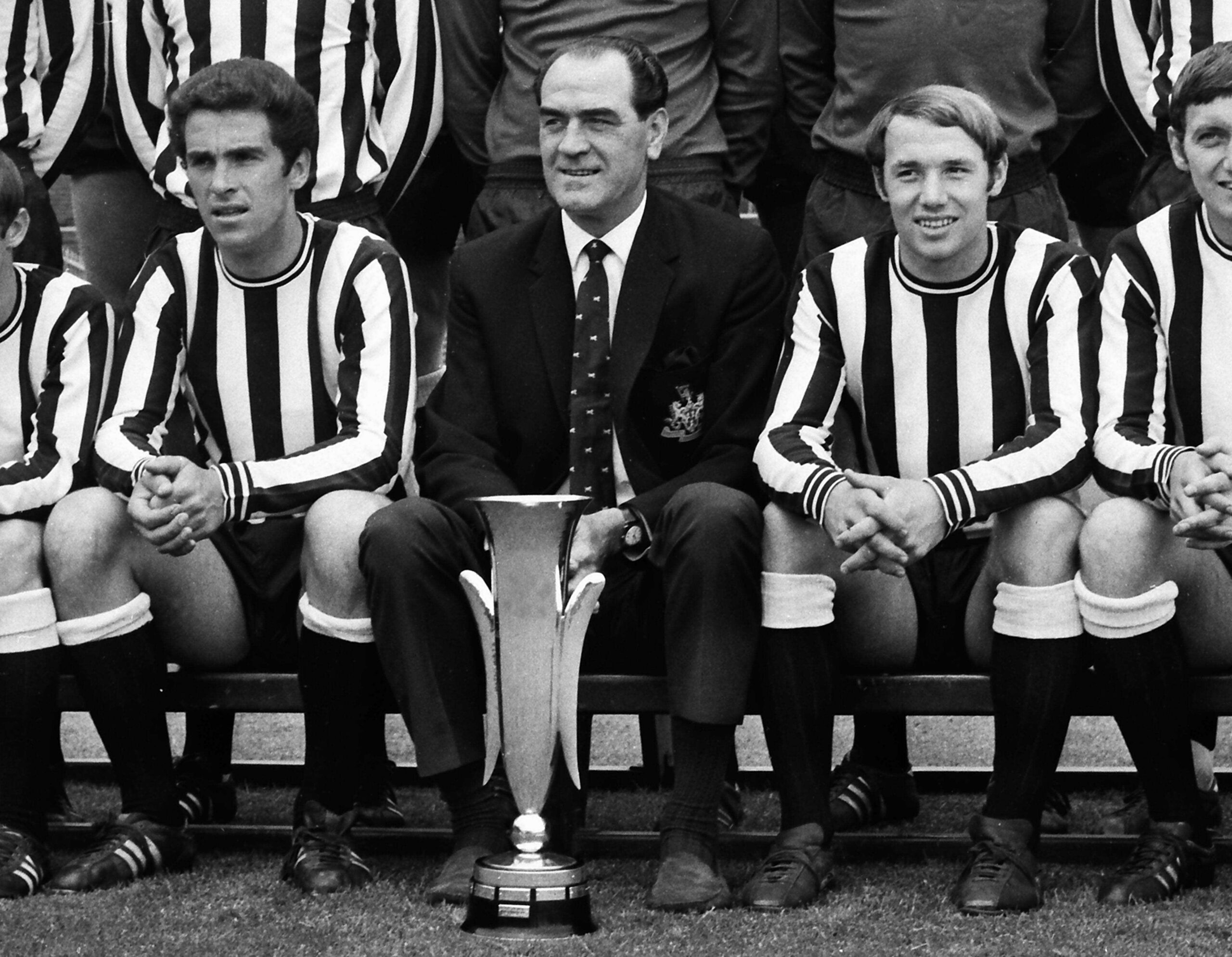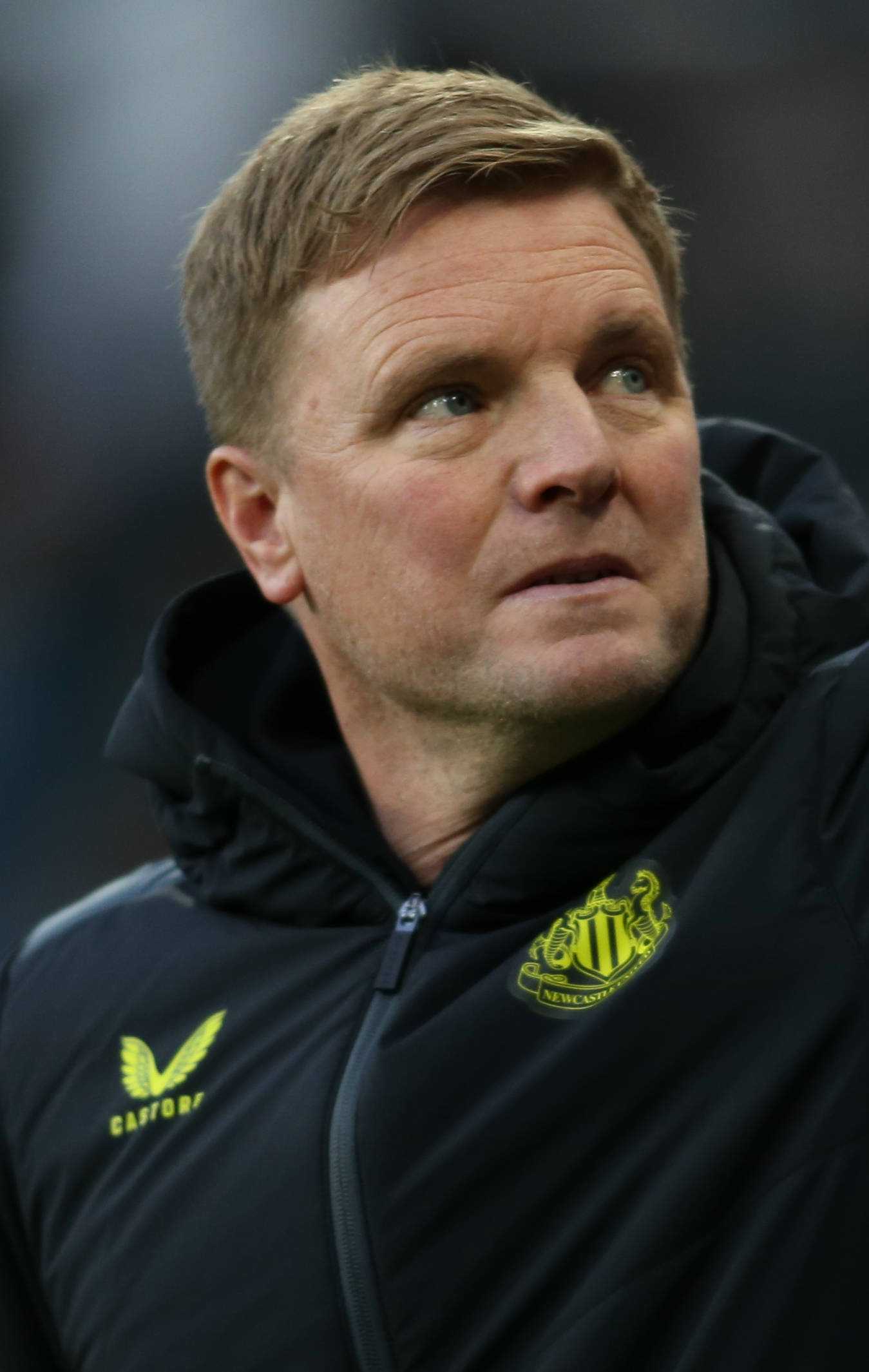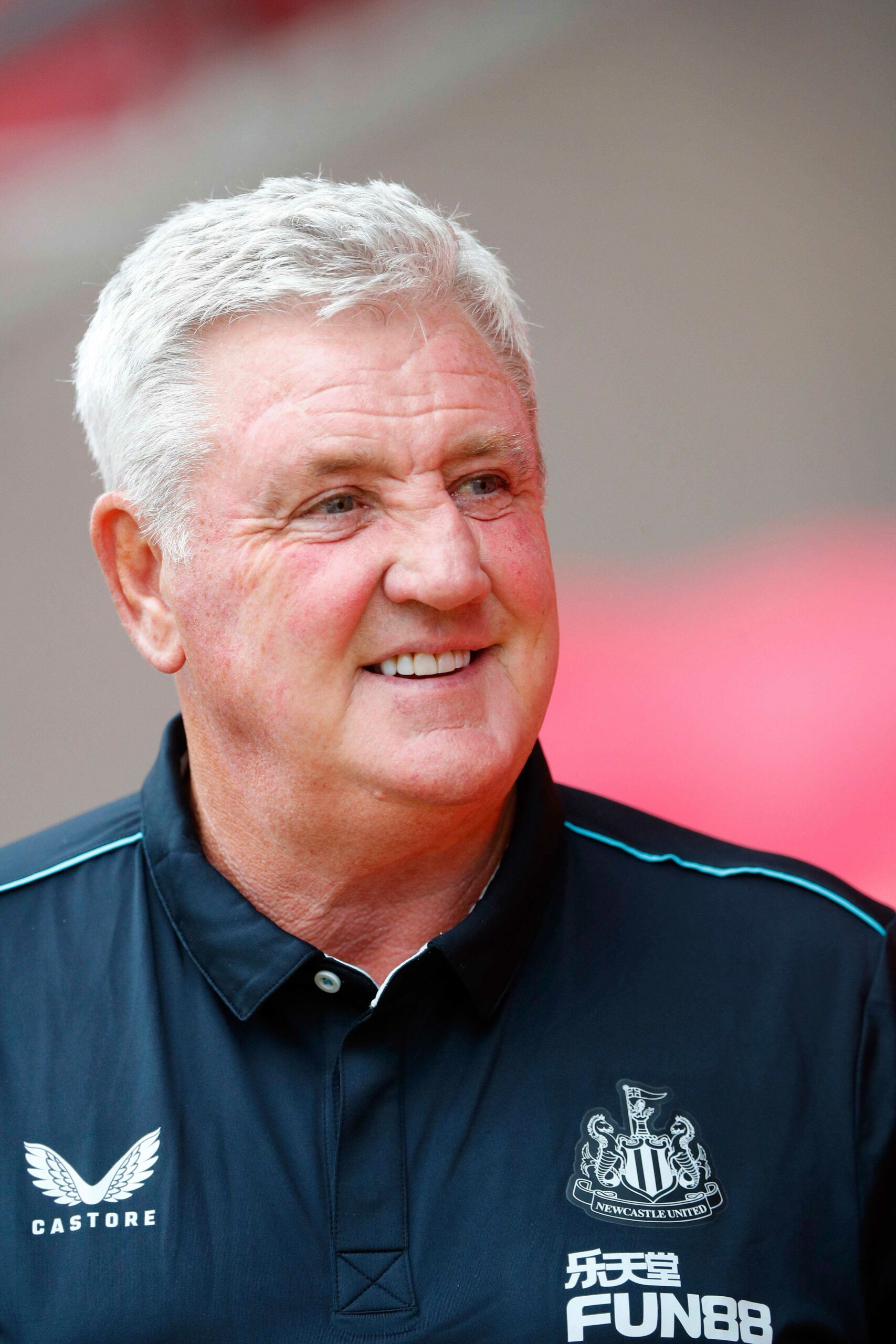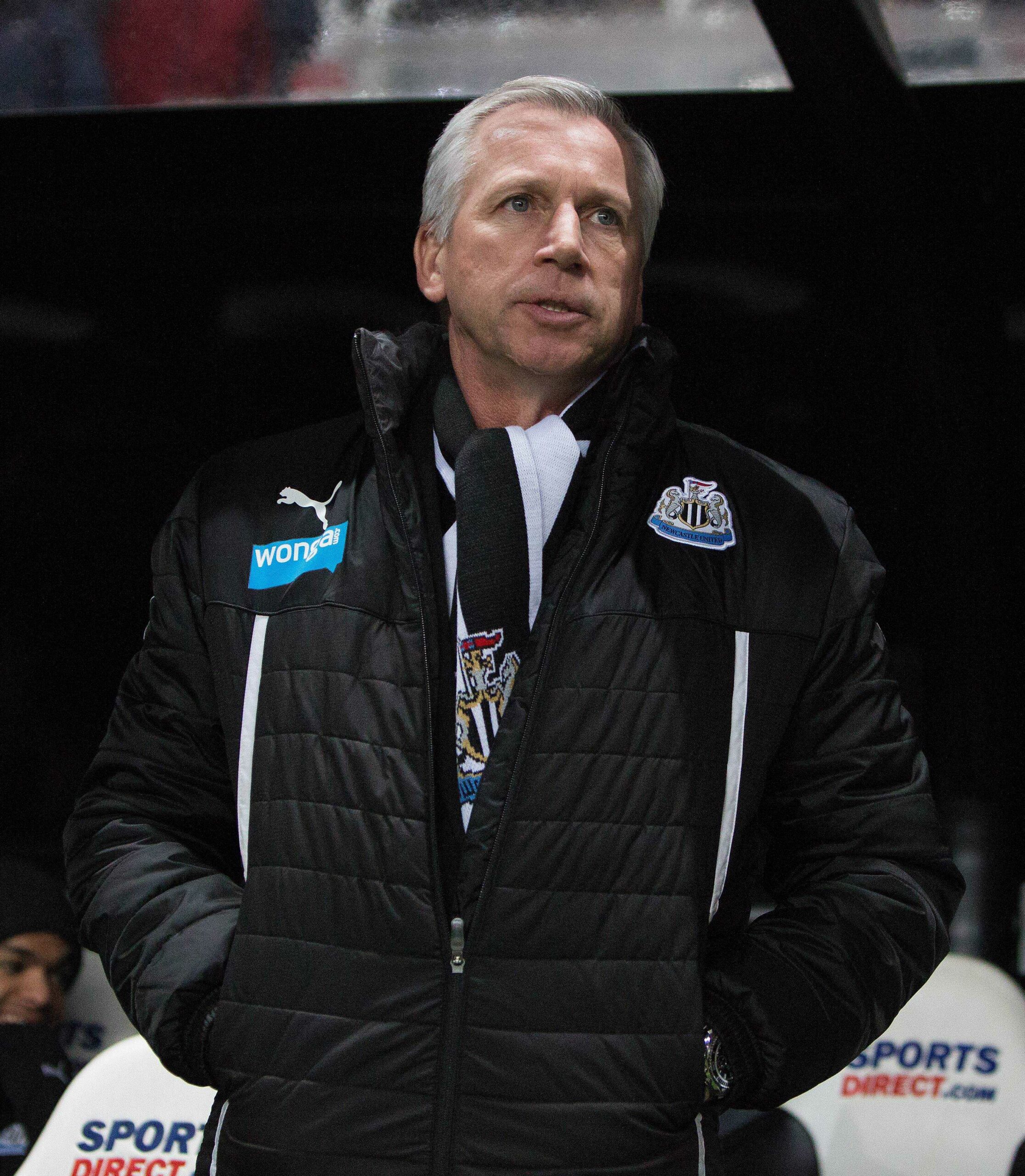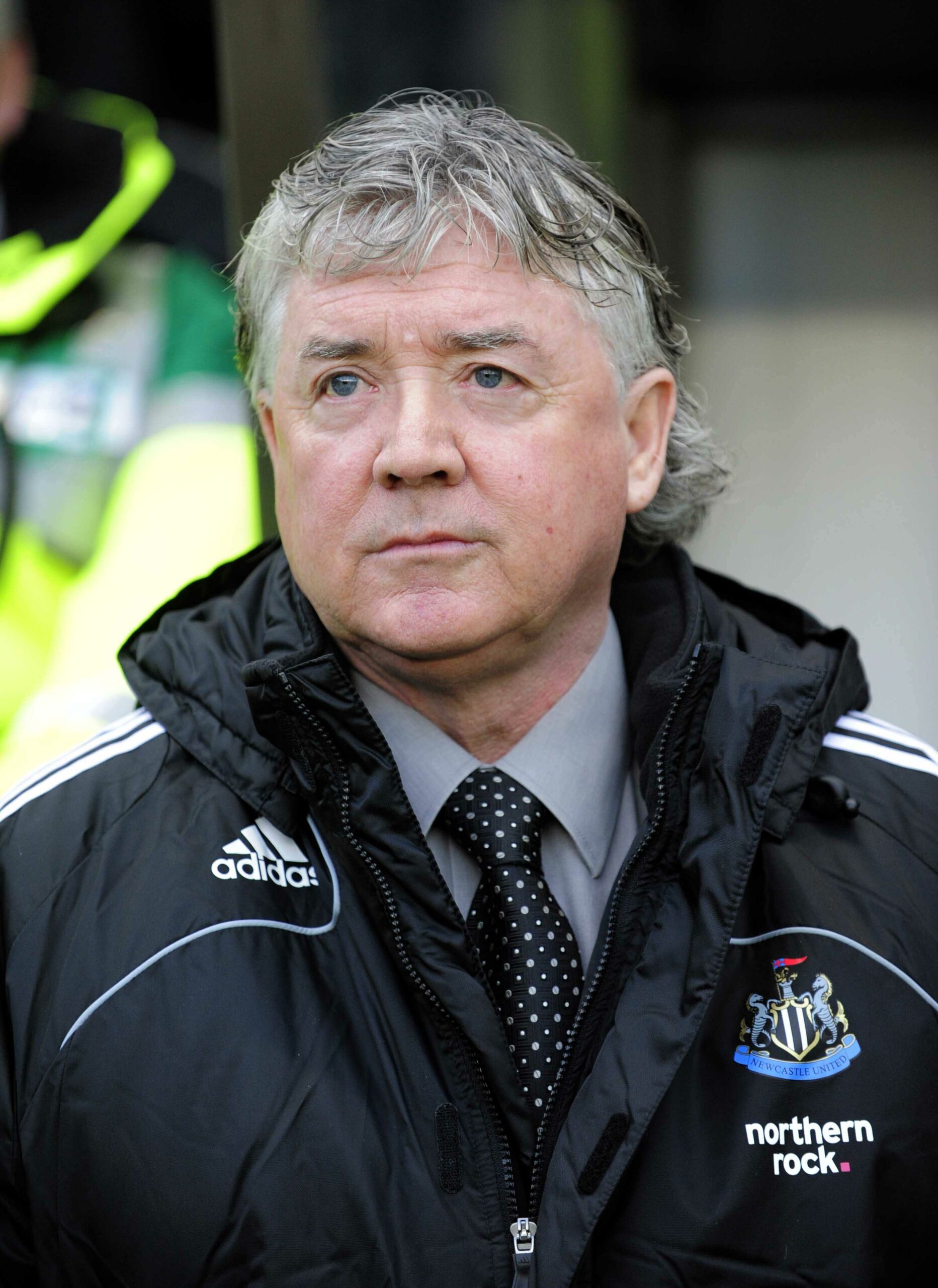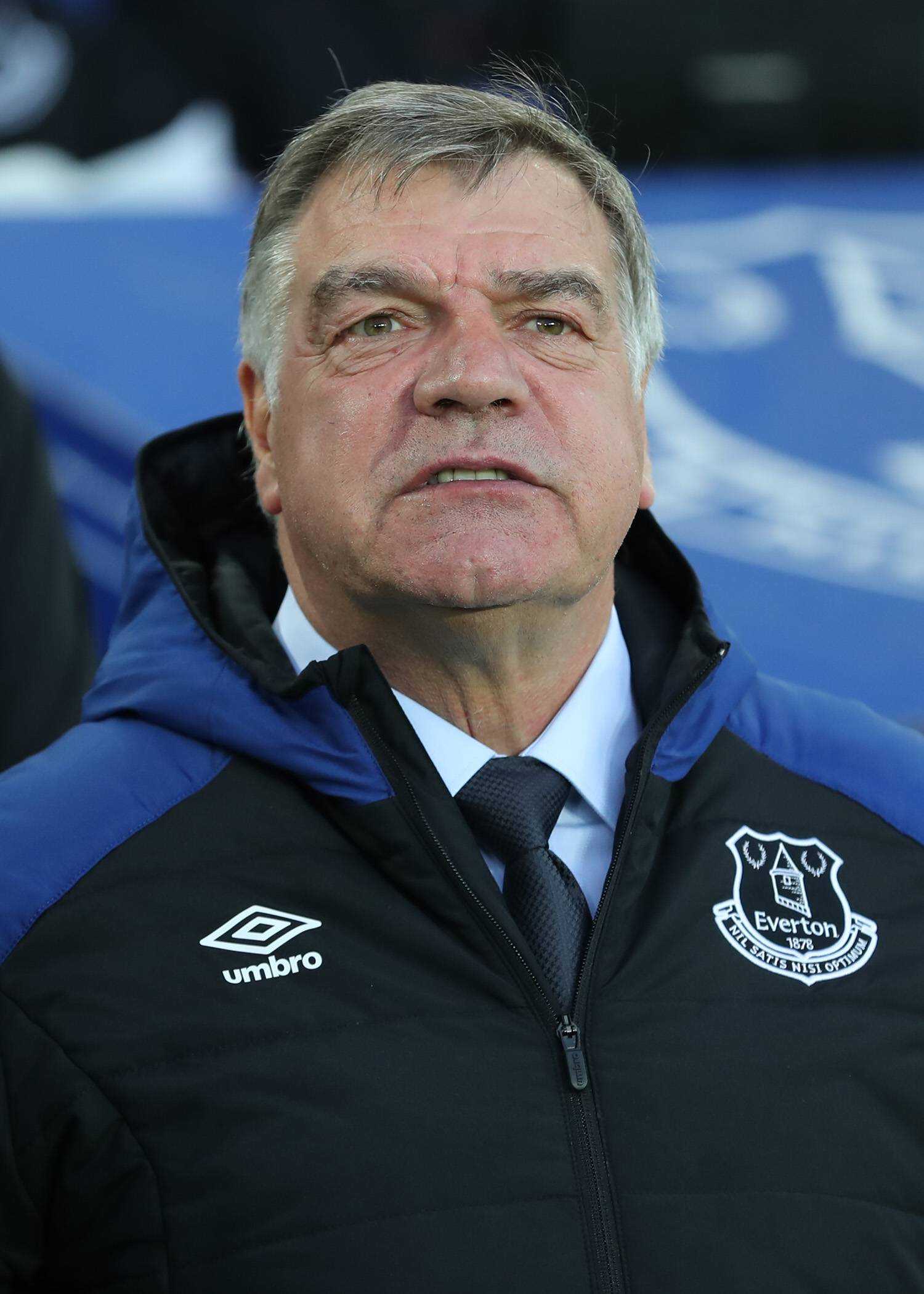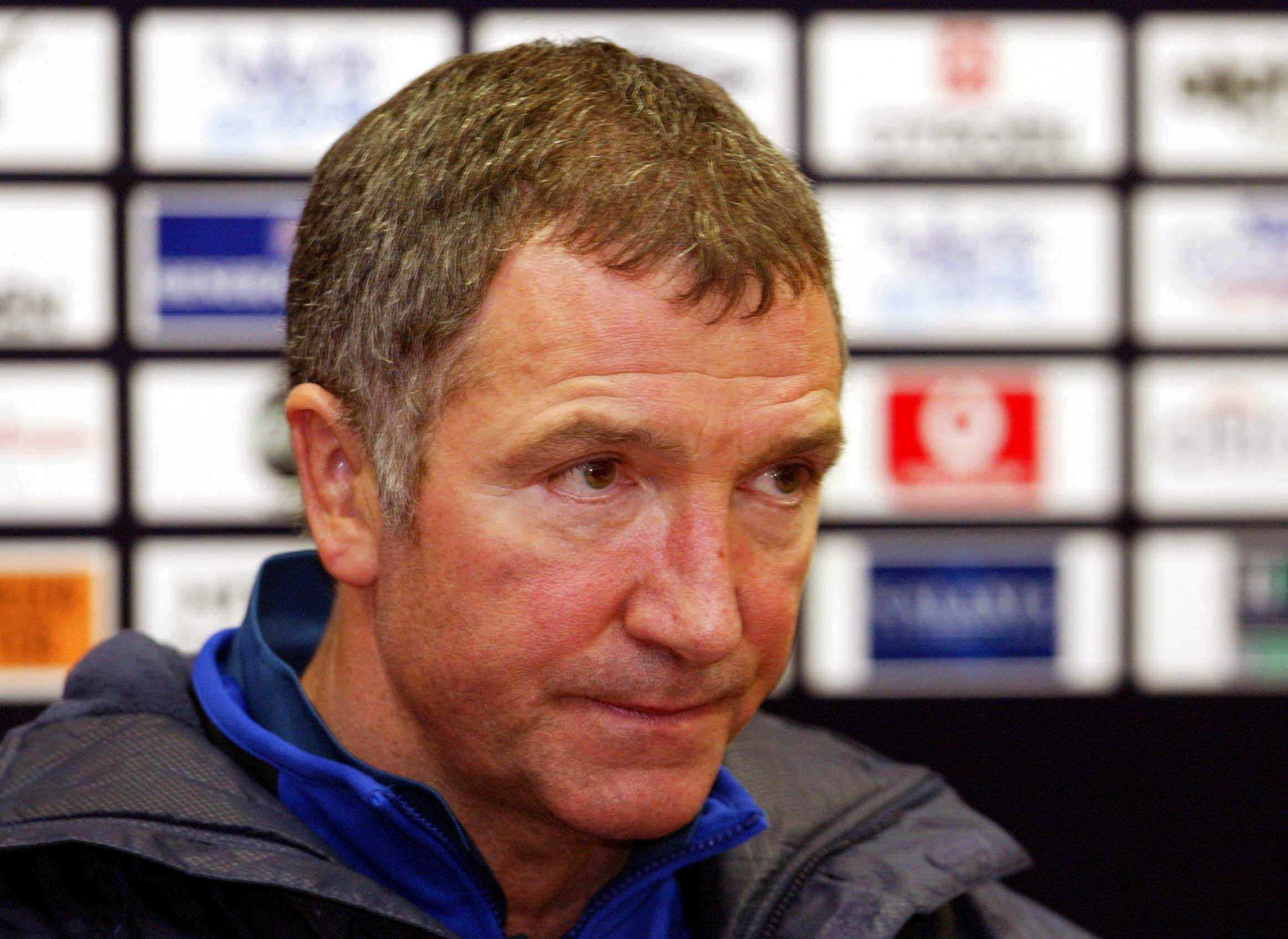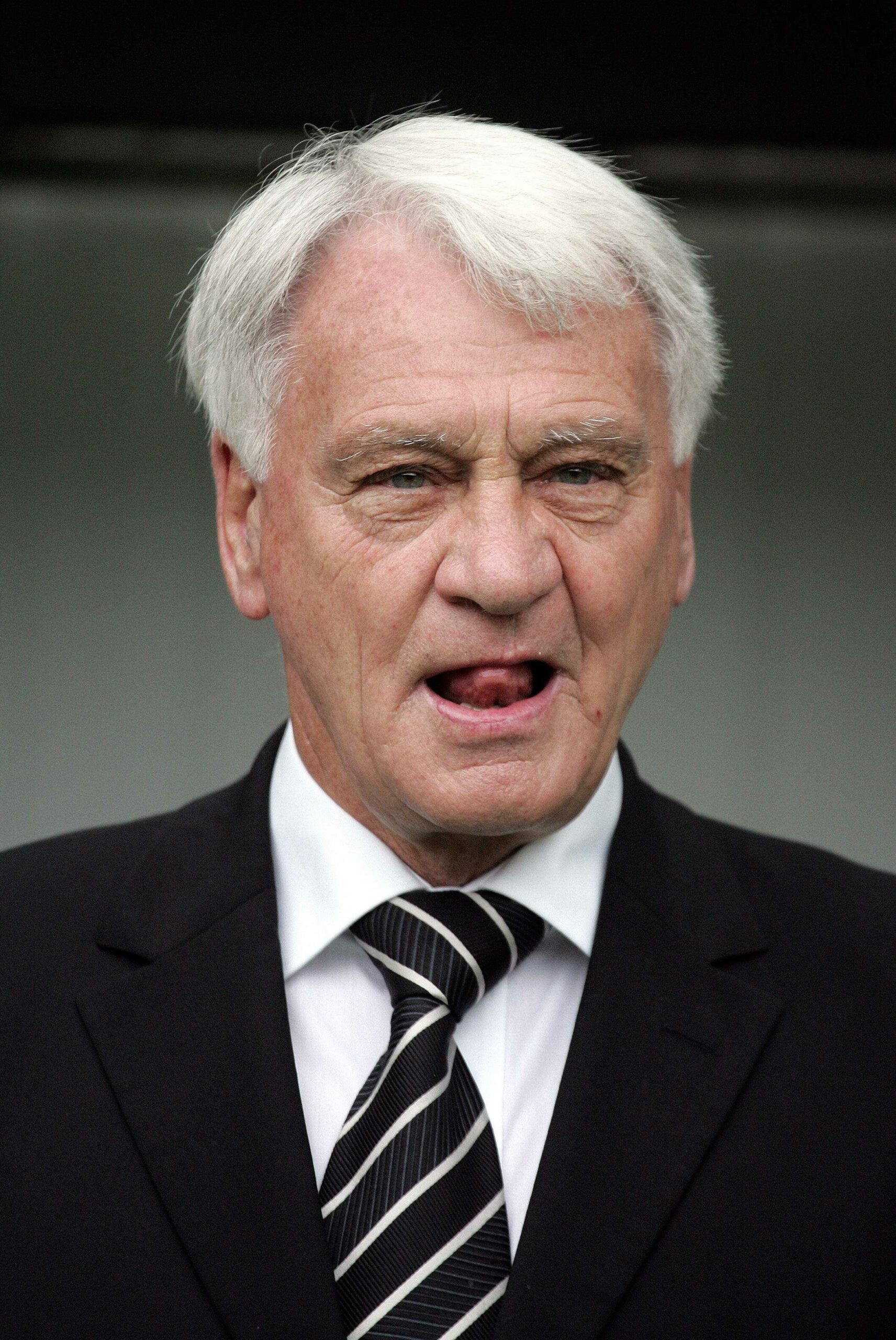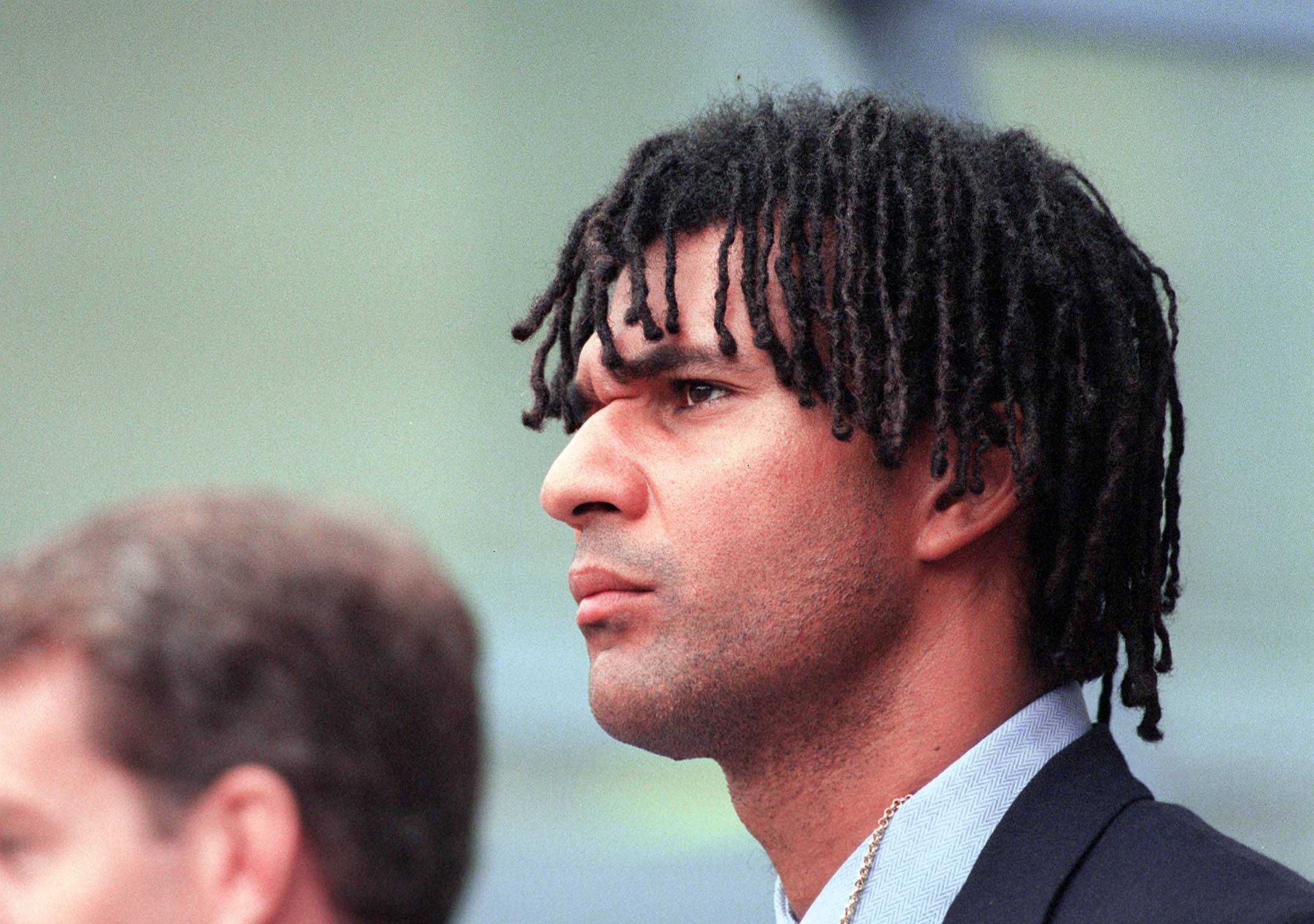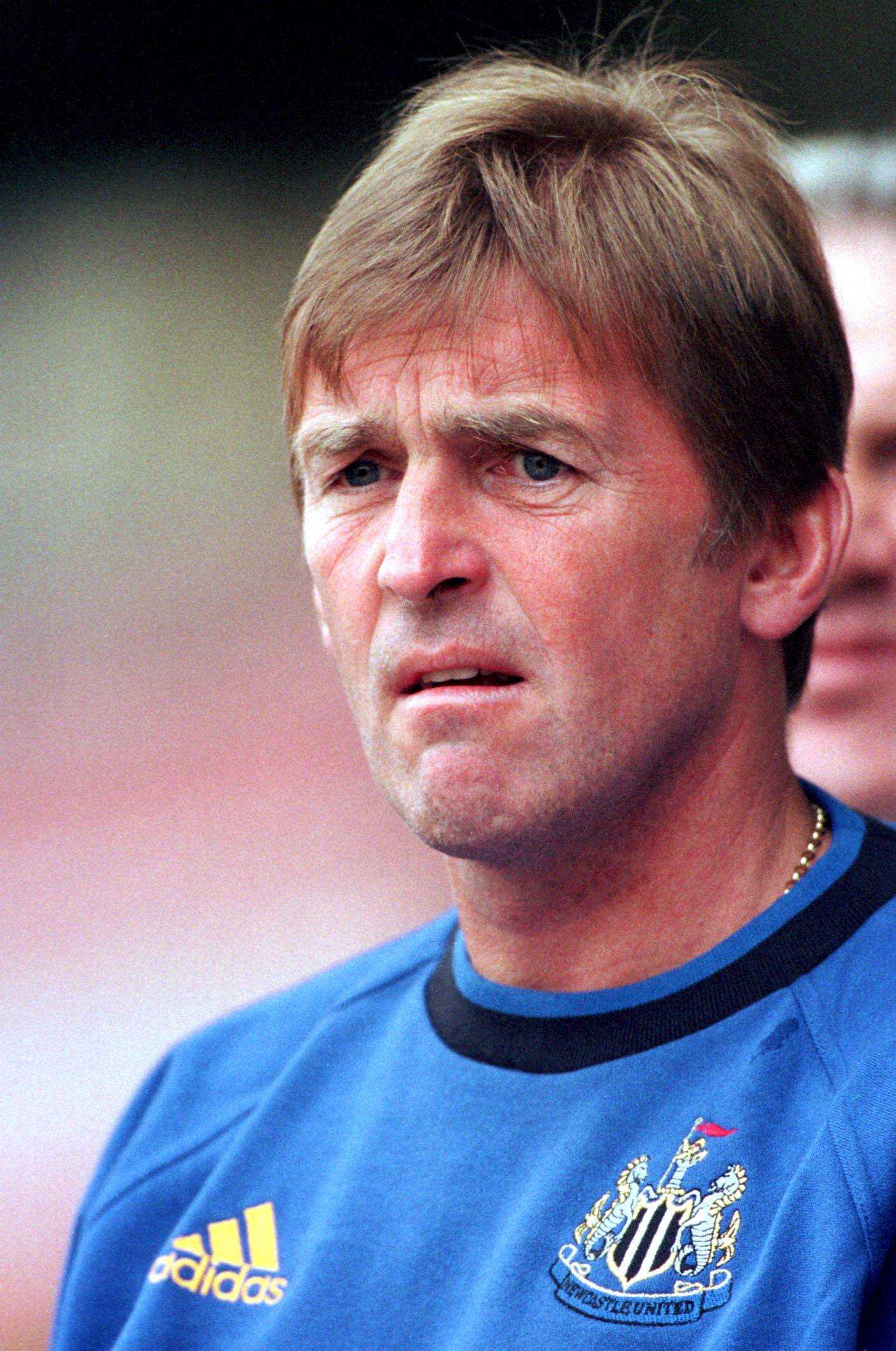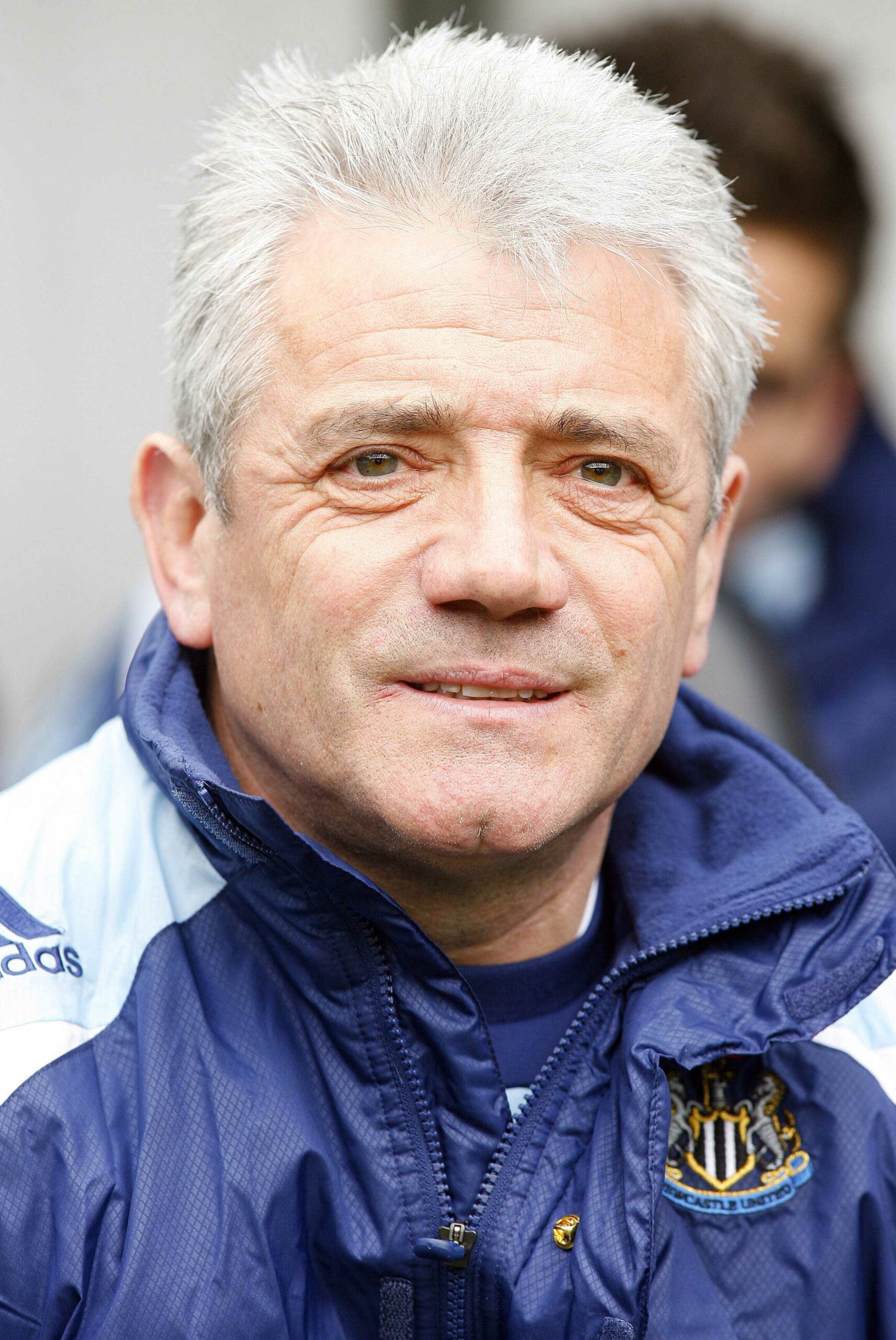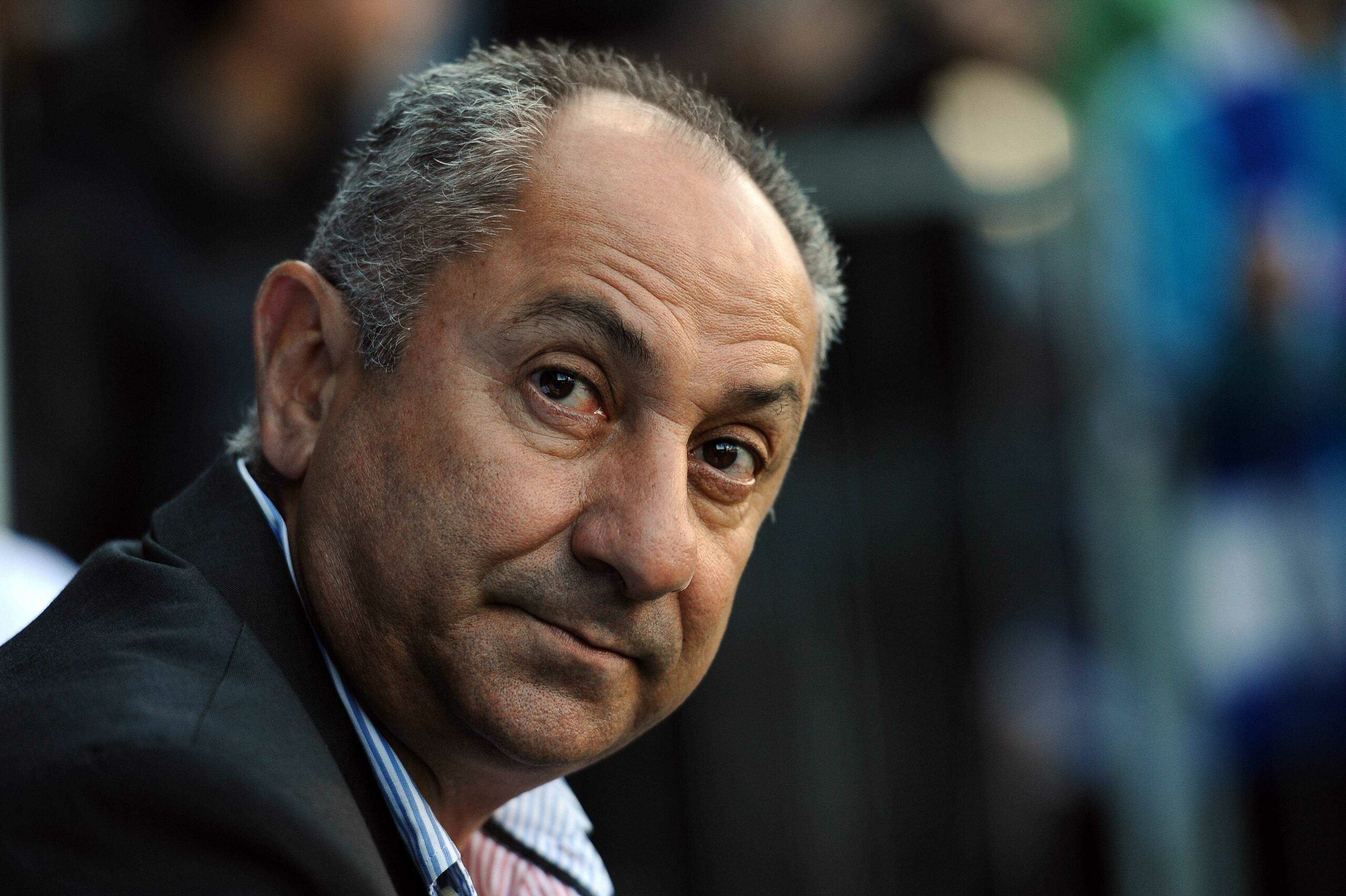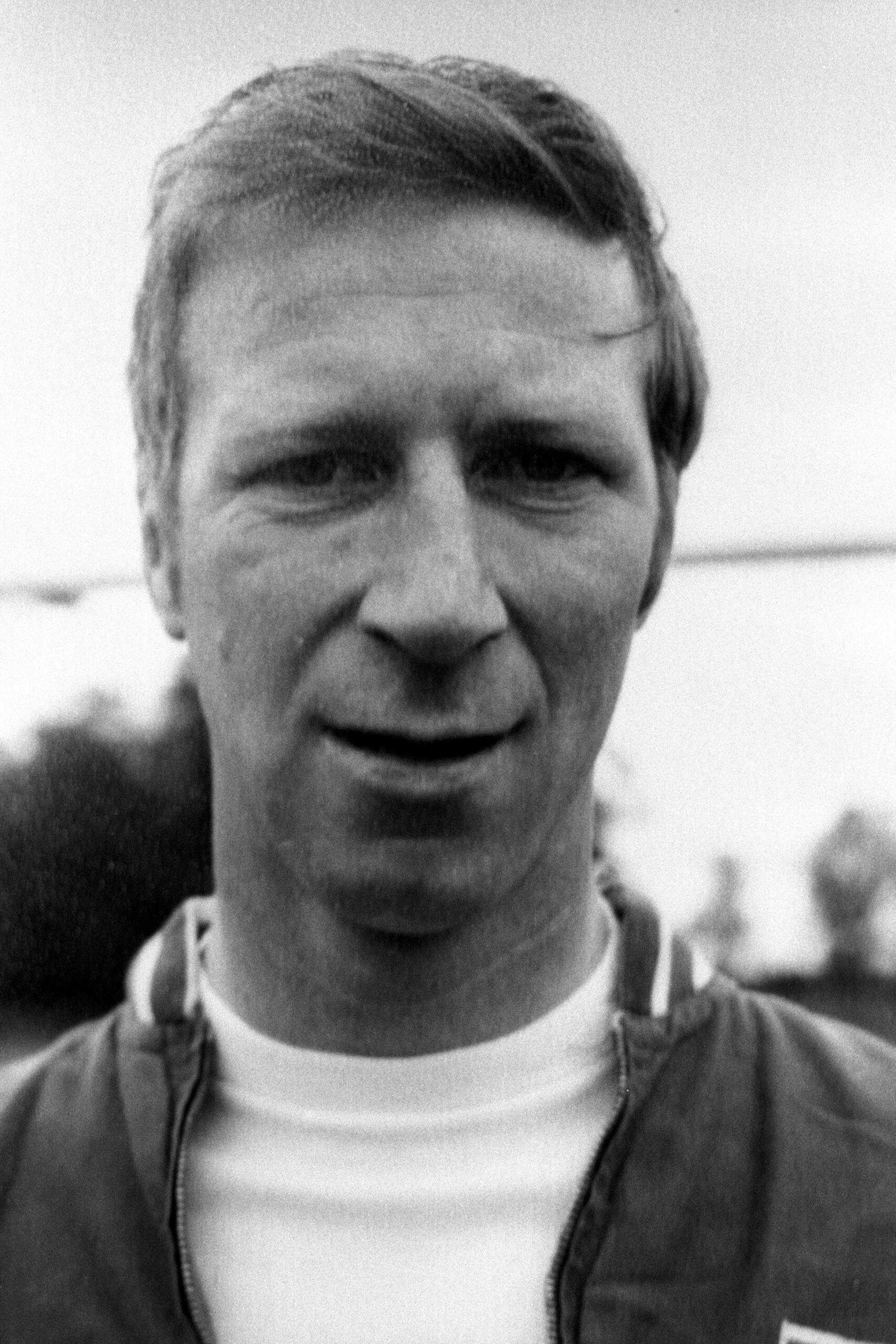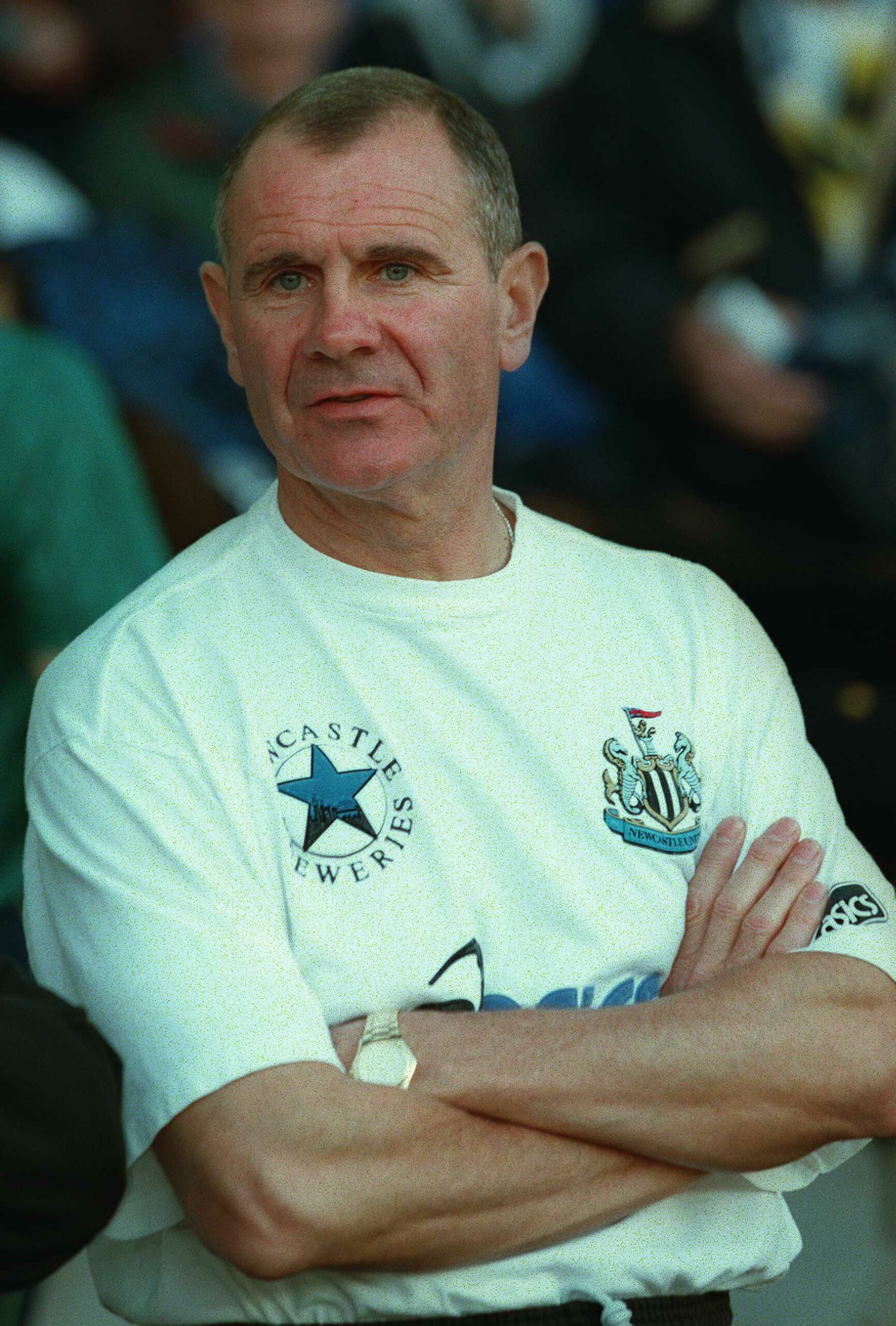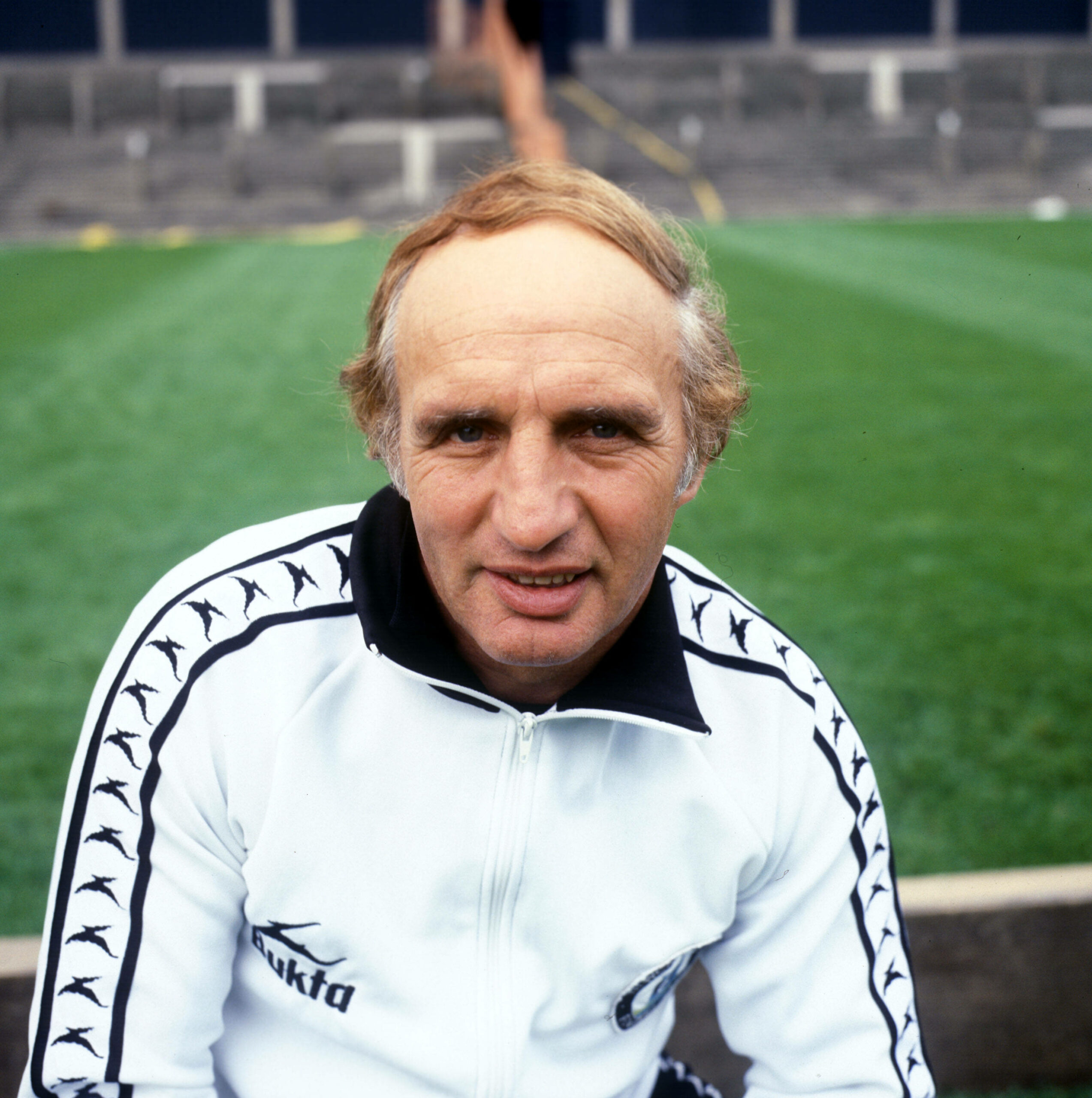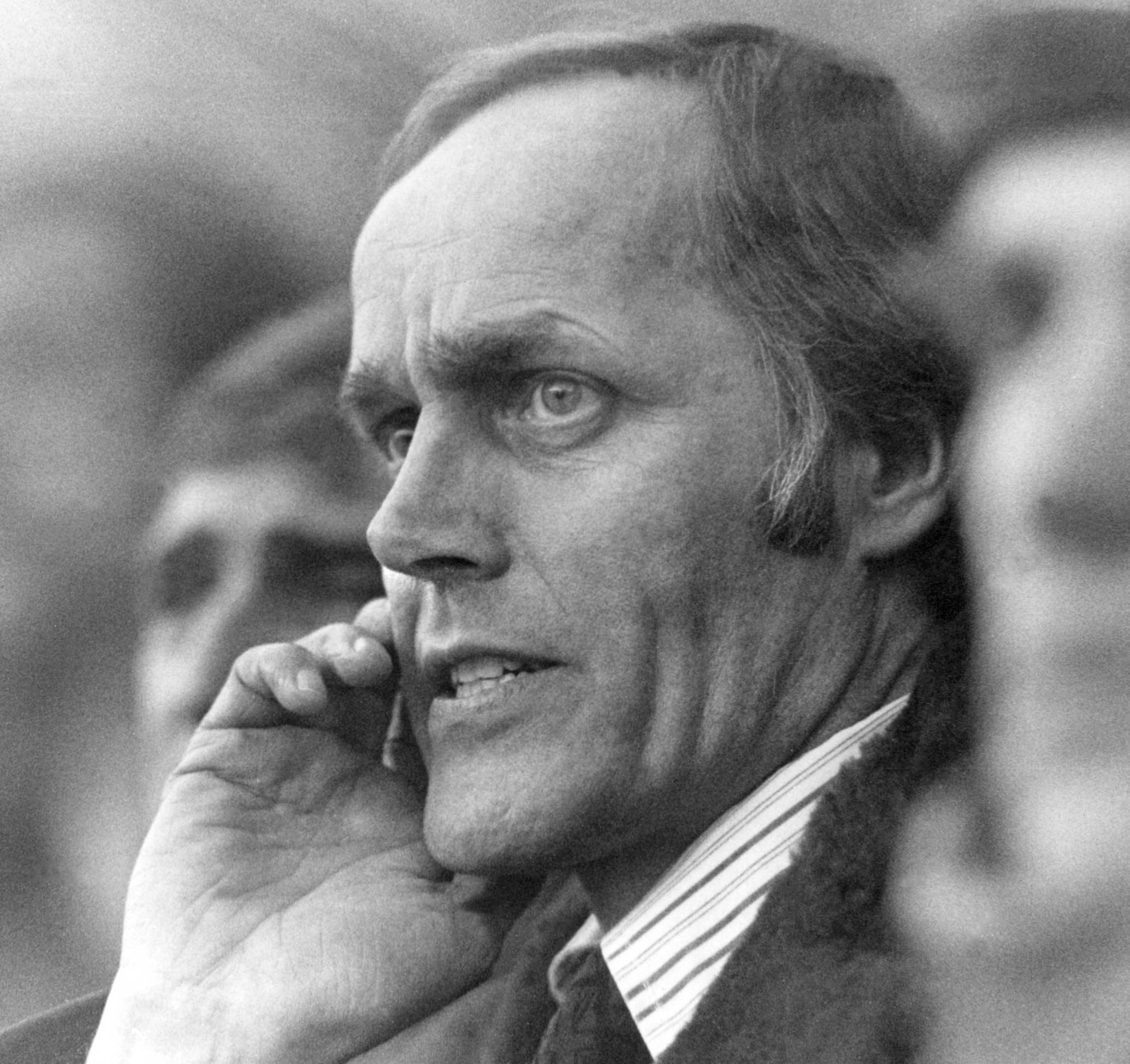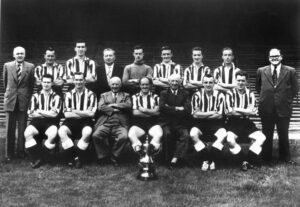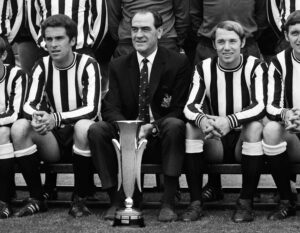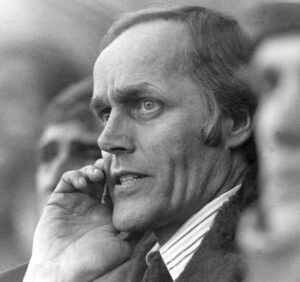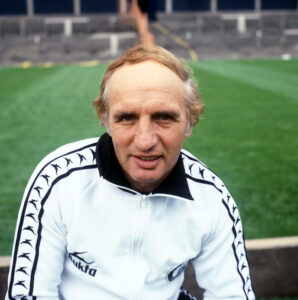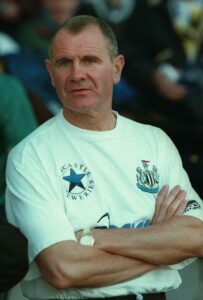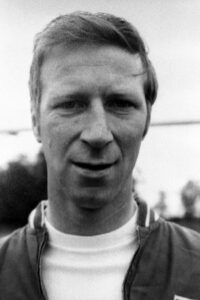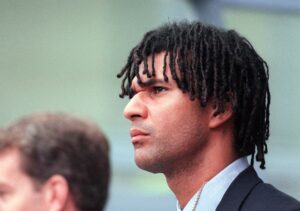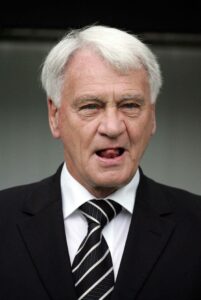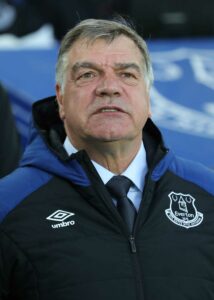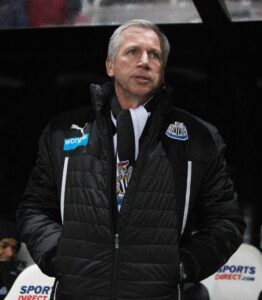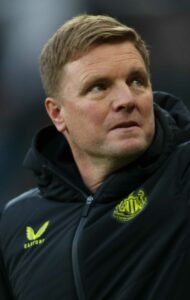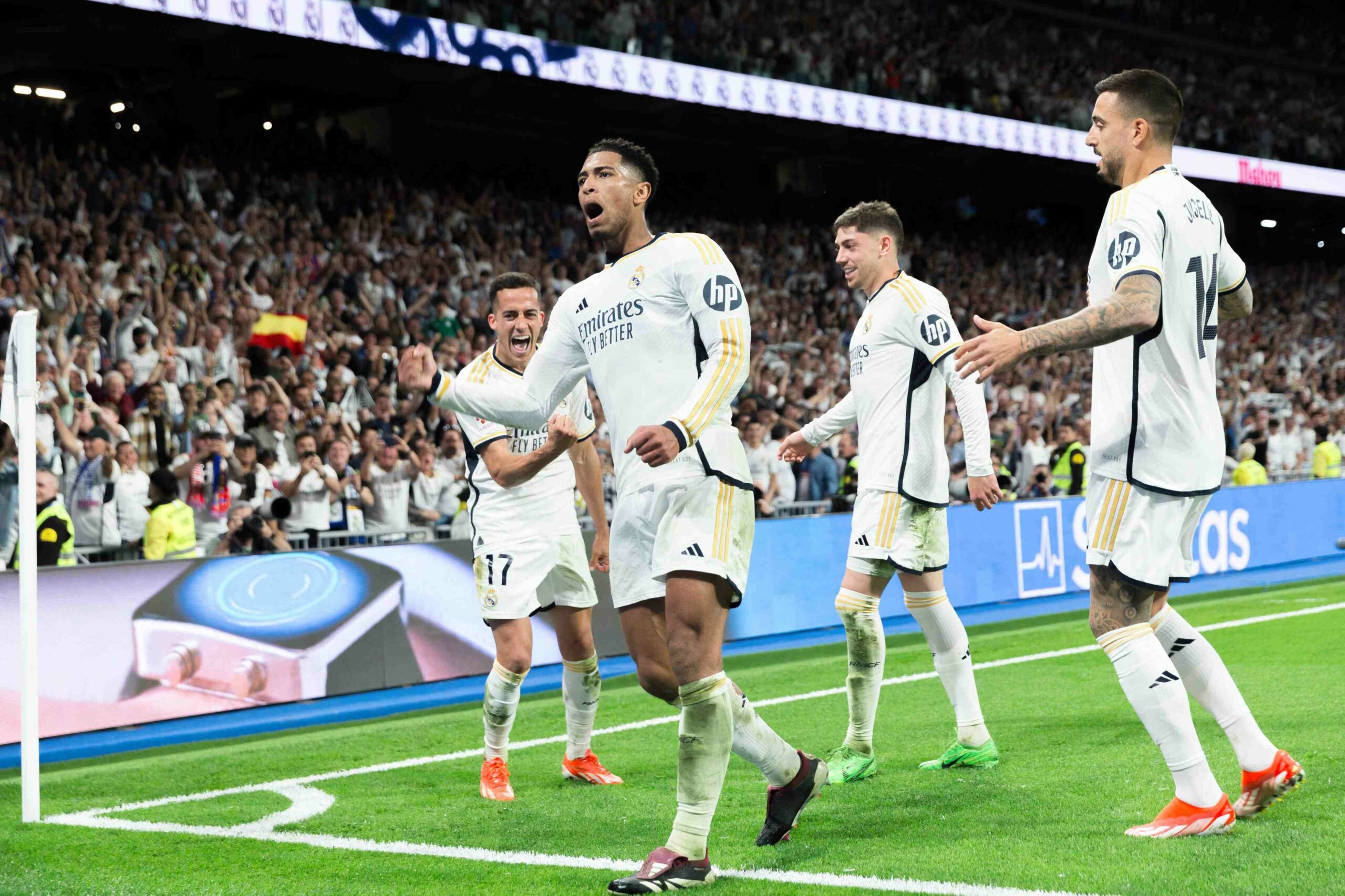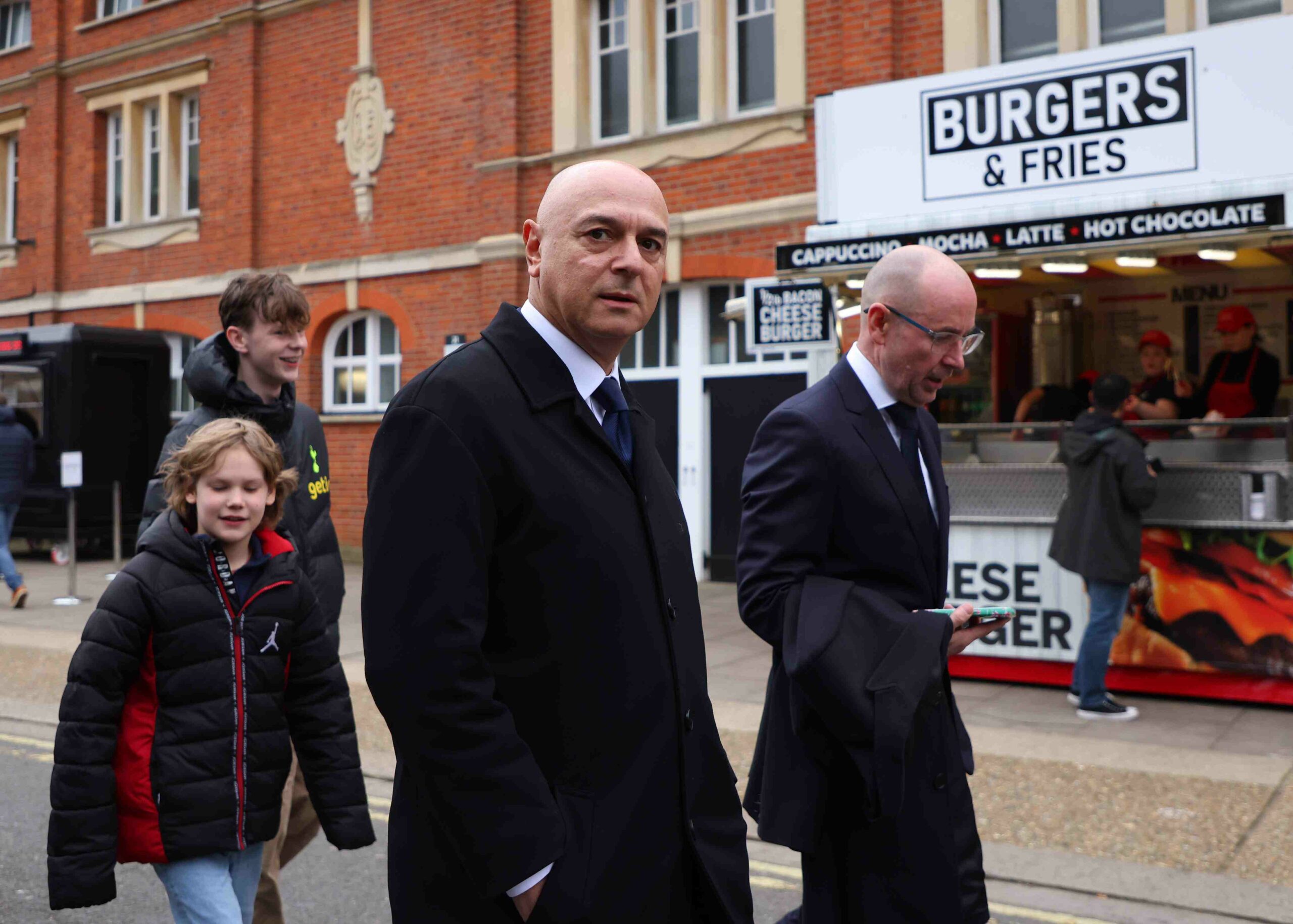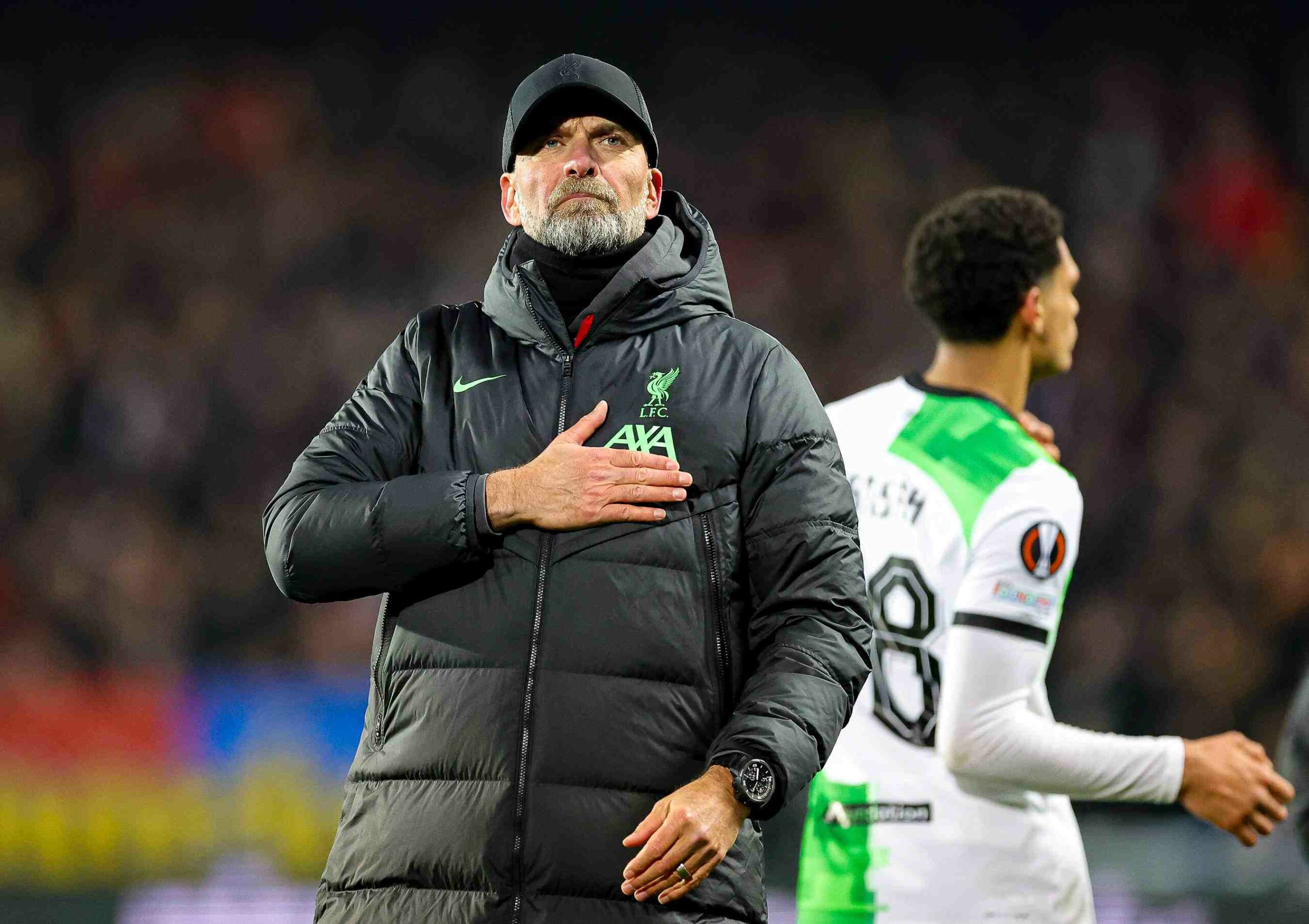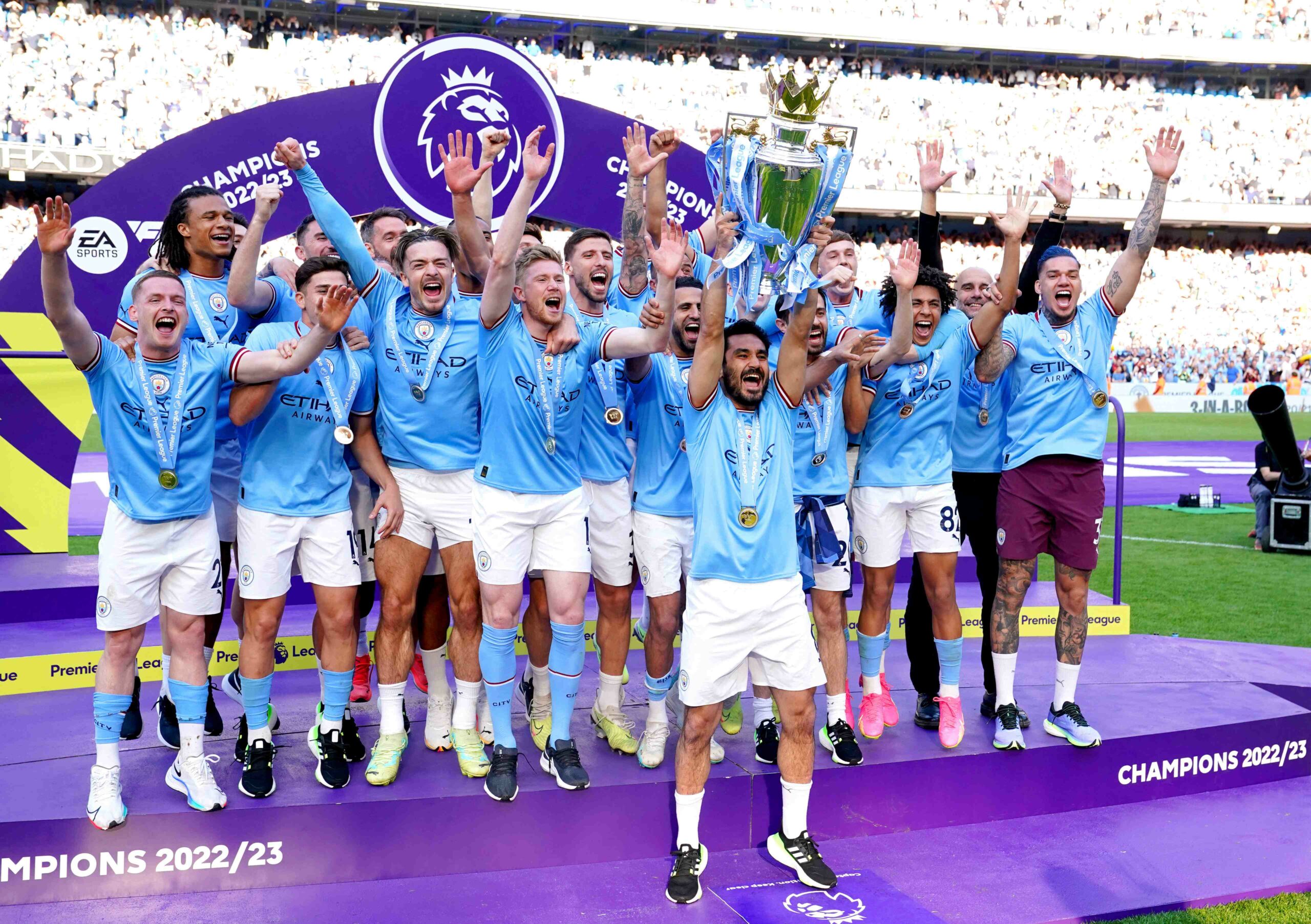Chronicle of Newcastle United F.C. Managers: Shaping the Club's Legacy
In the annals of English football, few clubs boast a heritage as rich and varied as that of Newcastle United. The managerial carousel at St. James’ Park has been a revolving door of tactics, triumphs, and tribulations.
From the early trailblazers setting the club’s foundations to the modern tacticians navigating the complexities of Premier League football, each manager has imprinted their ethos onto the team.
This guide embarks on a retrospective journey through the epochs of Newcastle United, chronicling the sagas of the men at the helm, whose strategies and styles have etched indelible marks on the tapestry of this storied club.
The Early Years: Setting the Foundation (1895-1930)
Frank Watt (1895-1930)
- Manager of Newcastle United: 1895-1930
- Other Clubs Managed: None
- Significant Achievement with Newcastle United: Establishing the team’s foundation and setting a stable platform.
Key Personal Achievement in Football: Regarded as Newcastle United’s first-ever manager.
Frank George Watt, often hailed as the architect of Newcastle United’s early years, served as the team’s first unofficial manager.
His tenure, spanning from 1895 to 1930, was pivotal in laying the club’s foundations. A former referee, Watt transitioned to the role of secretary, bringing a unique perspective to the managerial position.
Under his stewardship, Newcastle United began to carve out its identity, setting standards and practices that would shape its future trajectory.
His dedication to the club was singular, with no other managerial roles in his career. Watt’s legacy at Newcastle United is a testament to his vision and commitment, enduring as an integral chapter in the club’s rich history.
Andy Cunningham (1890-1973)
- Manager of Newcastle United: 1930-1935
- Other Clubs Managed: None
- Significant Achievement with Newcastle United: Implementing tactical innovations.
- Key Personal Achievement in Football: Transition from a distinguished playing career to management.
Andy Cunningham’s era at Newcastle United was marked by tactical innovation and the transformation of gameplay. Transitioning from a distinguished playing career, Cunningham’s stint as manager from 1930 to 1935 saw him apply his rich on-field experience to steer the team.
His tenure, though short, left a lasting impression through the tactical advancements he introduced. These strategic changes played a key role in evolving the team’s playing style and adapting to the evolving landscape of football during that period.
The Era of Transformation (1935-1962)
Tom Mather (1888–1957)
- Manager of Newcastle United: 1935-1939
- Other Clubs Managed: Stoke City, Bournemouth & Boscombe Athletic
- Significant Achievement with Newcastle United: Modernizing team strategies.
- Key Personal Achievement in Football: Experienced manager in English football.
Tom Mather’s tenure at Newcastle, from 1935 to 1939, was a period of strategic transformation. An experienced manager, Mather brought a modern approach to team strategies, contributing to Newcastle’s evolving play style.
His efforts were aimed at modernizing the team’s approach to matches, a vital step in keeping the club competitive in the rapidly changing football landscape of the time.
Mather’s managerial acumen, honed through years of experience in English football, was instrumental in this transformative era for Newcastle United.
Stan Seymour (1895 –1978)
- Manager of Newcastle United: 1939-1954, 1956-1958
- Other Clubs Managed: None
- Significant Achievement with Newcastle United: Integral role in post-war football development.
- Key Personal Achievement in Football: Long-standing contribution to Newcastle United in various roles.
Stan Seymour’s periods as manager (1939-1947, 1950-1954, 1956-1958) were crucial to Newcastle United’s post-war development.
His deep understanding of the club, having served in various capacities, enabled him to rebuild and strengthen the team during challenging times.
Seymour’s guidance was vital in the club’s recovery and progression in the post-war era, setting the stage for future successes. His long-standing association with Newcastle United, both as a player and manager, solidified his legacy as a key figure in the club’s history.
Duggie Livingstone (1898 –1981)
- Manager of Newcastle United: 1954-1956
- Other Clubs Managed: Heart of Midlothian, Dumbarton, Linfield
- Significant Achievement with Newcastle United: The managerial era of Duggie Livingstone at Newcastle United, though brief, was marked by astute scouting and effective team-building.
Livingstone’s talent for identifying promising young players and integrating them into the team’s framework was pivotal during a transformative period in the club’s history.
His strategic approach to management and foresight in player development had lasting impacts, bolstering Newcastle’s squad for future challenges.
Livingstone’s tenure, characterized by shrewd decision-making and a keen eye for talent, laid a foundation that would benefit the club long after his departure, highlighting his importance in the lineage of Newcastle United’s managers.
The Golden Age: A Period of Success (1962-1985)
Joe Harvey (1918-1989)
- Manager of Newcastle United: 1962-1975
- Other Clubs Managed: Workington, Barrow
- Notable Achievements with Newcastle United: Victory in the 1969 Inter-Cities Fairs Cup
Joe Harvey’s tenure at Newcastle United, from 1962 to 1975, represents a celebrated chapter in the club’s history.
A former player who transitioned into management, Harvey brought robust leadership and tactical insight. His most prominent achievement was leading Newcastle to their first major European victory in the Inter-Cities Fairs Cup in 1969. Harvey is remembered for his ability to instill a winning culture and for his keen eye for nurturing talent, cementing his legacy as a managerial icon at St James’ Park.
Gordon Lee (1934-2021)
- Manager of Newcastle United: 1975-1977
- Other Clubs Managed: Blackburn Rovers, Everton, Preston North End
- Notable Achievements with Newcastle United: Nurturing young talents
Gordon Lee’s tenure at Newcastle United was marked by a focus on youth development and building a resilient team. Serving as the manager from 1975 to 1977, he laid a foundation that emphasized nurturing young talents, a strategy that reflected his long-term vision for the club. Lee’s approach to management at Newcastle was characterized by a commitment to the integration of young players into the first team, preparing the club for future success. His philosophy and methods had a lasting impact, influencing the club’s approach to player development in subsequent years.
Richard Dinnis (1944-present)
- Manager of Newcastle United: 1977
- Other Clubs Managed: None
- Notable Achievements with Newcastle United: Guided team to League Cup final
Richard Dinnis, a manager whose time at Newcastle United was short yet memorable, marked his stint in 1977 with a notable journey to the League Cup final. A unique figure in Newcastle’s managerial history, Dinnis’ career in football management was singularly defined by his role at Newcastle. His ability to lead a team to a significant cup final, despite having no prior or subsequent managerial roles, speaks volumes about his tactical insight and leadership qualities. His short tenure, characterized by a blend of strategic acumen and effective team management, left an indelible mark on the club’s history. Dinnis’ journey with Newcastle, although brief, exemplifies a remarkable instance where a manager’s impact transcends the length of their tenure, affirming his place in the annals of the club’s storied past.
Bill McGarry (1927-2005)
- Manager of Newcastle United: 1977-1980
- Other Clubs Managed: Watford, Ipswich Town, Wolverhampton Wanderers, Bournemouth
- Notable Achievements with Newcastle United: Bill McGarry’s tenure at Newcastle United from 1977 to 1980 was marked by a disciplined approach and tactical rigour.
Prior to joining Newcastle, McGarry had already established a reputation at clubs like Watford, Ipswich Town, and Wolverhampton Wanderers. His time at Newcastle was characterized by an emphasis on tactical discipline and organizational strength.
While he didn’t bring any major trophies to St. James’ Park, his managerial style was instrumental in strengthening the team’s competitive edge during a challenging period in the club’s history.
McGarry’s impact at Newcastle, coupled with his accomplishments at other clubs, underscored his ability to shape teams with resilience and tactical awareness. His legacy at Newcastle is remembered as a period of consolidation and building a foundation for future successes.
Arthur Cox (1939-present)
- Manager of Newcastle United: 1980-1984
- Other Clubs Managed: Chesterfield, Derby County, Fulham
- Notable Achievements with Newcastle United: Arthur Cox’s tenure as Newcastle United’s manager from 1980 to 1984 was defined by tactical astuteness and a focus on player development.
Before his arrival at Newcastle, Cox had managed Chesterfield, Derby County, and Fulham.
At Newcastle, Cox was known for his ability to develop young talent and his strategic approach to games. His period as manager saw the team making significant progress in terms of style of play and competitiveness.
Although Cox did not win major titles with Newcastle, his contribution to the club’s development was significant. His managerial career, marked by a blend of strategic insight and nurturing young talent, left a lasting impression on Newcastle United during a transformative era in the club’s history.
Modern Era: Highs and Lows (1985-Present)
Jack Charlton (1935-2020)
- Manager of Newcastle United: 1984-1985
- Other Clubs Managed: Republic of Ireland, Middlesbrough, Sheffield Wednesday
- Notable Achievements with Newcastle United: Charlton’s brief tenure at Newcastle United was a period of rebuilding and restructuring.
His managerial style, characterized by discipline and a focus on physical fitness, laid the groundwork for future successes at the club. Under his guidance, Newcastle United maintained a mid-table position in the Second Division, setting a foundation for future progression. Charlton’s impact was more in terms of instilling a professional approach and discipline within the squad, which was crucial for the club’s long-term development.
Jack Charlton’s managerial career, marked by his notable success with the Republic of Ireland, including leading them to their first-ever FIFA World Cup in 1990, brought a fresh perspective to Newcastle United. His time at the club was short but significant in terms of establishing a professional ethos. Charlton’s approach to management was straightforward and no-nonsense, reflecting his personality and playing style. Although his stint with Newcastle was not laden with trophies or promotions, his influence on the team’s professional attitude had long-lasting effects. Charlton’s legacy in football management, particularly with the Republic of Ireland, remains a testament to his ability to inspire and lead teams beyond their perceived limitations.
Willie McFaul (1943-present)
- Manager of Newcastle United: 1985-1988
- Other Clubs Managed: N/A
- Notable Achievements with Newcastle United:
Willie McFaul, who managed Newcastle United from 1985 to 1988, stood out for his dedication to nurturing local talent, an approach deeply appreciated by the club’s fanbase. Although McFaul’s tenure did not see Newcastle win any major trophies, his legacy lies in his commitment to developing young players, many of whom went on to have successful careers. His management style emphasized teamwork and player development, fostering a strong team spirit that was evident in Newcastle’s performances. McFaul’s tenure marked a period of transition for the club, setting the stage for subsequent successes under future managers. His contribution to Newcastle, particularly in terms of player development, remains a significant part of the club’s history, demonstrating the importance of investing in and nurturing local talent in football.
Ossie Ardiles (1952-present)
- Manager of Newcastle United: 1991-1992
- Other Clubs Managed: Swindon Town, West Bromwich Albion, Tottenham Hotspur, Guadalajara, Yokohama F. Marinos, Croatia Zagreb, Shimizu S-Pulse, Beitar Jerusalem, Al-Ittihad, Racing Club, Huracán, Maccabi Tel Aviv, Cerro Porteño, Machida Zelvia, Tokyo Verdy
- Notable Achievements with Newcastle United: Ossie Ardiles’ brief stint at Newcastle United is best remembered for his adventurous and attacking style of play.
Although his tenure was short-lived, he left a lasting impression with his commitment to attractive, forward-thinking football. Ardiles’ philosophy laid the groundwork for the entertaining style that would become synonymous with Newcastle in the years to follow.
Ardiles, a World Cup winner as a player, brought a unique blend of South American flair and European tactical knowledge to his role at Newcastle. His tenure may not have yielded significant silverware, but it marked a departure from the conservative approach of previous years and set the tone for a more dynamic and exciting brand of football at the club.
Kevin Keegan (1951- peresent)
- Manager of Newcastle United: 1992-1997, 2008
- Other Clubs Managed: Fulham, Manchester City
- Notable Achievements with Newcastle United: Kevin Keegan’s tenure at Newcastle United is often remembered as a golden era for the club, marked by a distinctive, attacking style of play that earned the team the nickname “The Entertainers.”
Under Keegan, Newcastle consistently challenged for the top spots in the Premier League and captivated fans with their adventurous and high-scoring matches.
Keegan’s impact went beyond tactics; he revitalized the club’s identity and connection with its passionate fan base. His ability to inspire and motivate players translated into memorable performances that reestablished Newcastle as a force in English football. His legacy at Newcastle remains deeply ingrained in the club’s history, symbolizing a period of hope, excitement, and resurgence.
Kenny Dalglish (1951-present)
- Manager of Newcastle United: 1997-1998
- Other Clubs Managed: Liverpool, Blackburn Rovers, Celtic, Liverpool (again)
- Notable Achievements with Newcastle United: Kenny Dalglish’s time at Newcastle United, though brief, was a significant period of transition for the club.
Following the departure of Kevin Keegan, Dalglish had the challenging task of maintaining the team’s competitive edge in the Premier League. His approach focused more on a balanced style of play, contrasting with Keegan’s attacking philosophy.
Dalglish’s tenure at Newcastle included guiding the team to the FA Cup Final in 1998, showcasing his ability to achieve results in crucial competitions. Despite not winning any major trophies with Newcastle, his leadership during this transitional phase helped stabilize the team and set the groundwork for future successes.
Ruud Gullit(1962-present)
- Manager of Newcastle United: 1998-1999
- Other Clubs Managed: Chelsea, Feyenoord, LA Galaxy, Terek Grozny
- Notable Achievements with Newcastle United: Ruud Gullit, a renowned Dutch football icon, assumed the managerial role at Newcastle United in 1998.
However, Gullit’s tenure at Newcastle was a blend of highs and lows. The club experienced moments of brilliance on the field, showcasing a style that resonated with Gullit’s footballing philosophy. However, inconsistency in performances and results, coupled with reported conflicts with key players, marked his time at the club.
One of Gullit’s most significant contributions was bringing through young talents and giving them opportunities in the first team. Despite these efforts, Gullit’s tenure at Newcastle was relatively short, as he departed in 1999 following a series of poor results. His legacy at Newcastle is one of unfulfilled potential, leaving fans to wonder what might have been had his tenure been longer and more stable.
Sir Bobby Robson (1933-2009)
- Manager of Newcastle United: 1999-2004
- Other Clubs Managed: Ipswich Town, PSV Eindhoven, Sporting CP, Porto, Barcelona, England national team
- Notable Achievements with Newcastle United: Sir Bobby Robson is remembered as one of the most revered managers in Newcastle United’s history.
Taking over in 1999, Robson revitalized the team, leading them to successive top-five finishes in the Premier League and securing Champions League football, an achievement that brought immense joy to the club’s fans. His tenure marked a golden era for the club, characterized by a brand of exciting, attacking football.
Robson’s legacy extends beyond results; he was deeply admired for his man-management skills and his ability to nurture young talent. He developed players like Alan Shearer and Kieron Dyer into key figures for both club and country. His impact at Newcastle was profound, leaving a lasting impression on the club and its supporters.
Graeme Souness (1953-present)
- Manager of Newcastle United: 2004-2006
- Other Clubs Managed: Rangers, Liverpool, Galatasaray, Southampton, Blackburn Rovers, among others
- Notable Achievements with Newcastle United: Graeme Souness’s tenure at Newcastle United was marked by a period of transition and inconsistency.
Arriving in 2004, he aimed to build on the foundations laid by Sir Bobby Robson. However, his time at the club was characterized by mixed results and a series of high-profile player disputes.
Souness struggled to maintain the level of success that the fans had enjoyed under Robson. His approach to management, which emphasized discipline and physicality, often clashed with the players’ preferences for a more fluid style of play. Despite his efforts to revitalize the squad with new signings, Souness was unable to achieve significant progress in the Premier League or in European competitions, leading to his departure in 2006.
Souness’s period at Newcastle also saw him engage in several controversial decisions, particularly in the transfer market, which did not always yield the desired results. His time at the club was further marred by injuries to key players, which hampered the team’s performance. The managerial style of Souness, often described as abrasive and confrontational, led to divisions within the squad and ultimately undermined his efforts to create a cohesive and effective team.
Despite these challenges, Souness’s time at Newcastle was not without its positives. He managed to guide the team to a respectable mid-table finish in his first full season and secured some memorable victories against top Premier League teams. However, these achievements were overshadowed by the team’s overall inconsistency and failure to qualify for European competitions.
In summary, Graeme Souness’s time at Newcastle United was a period of unfulfilled potential. While he brought a wealth of experience and a strong personality to the role, his managerial approach and decisions did not translate into the success that the club and its supporters had hoped for. His departure in 2006 marked the end of a challenging chapter in Newcastle’s history, leaving the club to seek a new direction under subsequent managers.
Glenn Roeder (1955–2021)
- Manager of Newcastle United: 2006-2007
- Other Clubs Managed: Gillingham, Watford, West Ham United, Norwich City
- Notable Achievements with Newcastle United: Glenn Roeder’s managerial stint at Newcastle United, though brief, was marked by moments of promise amidst challenges.
Taking over in 2006, Roeder, a former Newcastle player himself, was initially seen as a stabilizing figure following the tumultuous reign of Graeme Souness.
Roeder’s tenure at Newcastle began with promise, as he initially held the position of caretaker manager and led the team to a seventh-place finish in the Premier League. This performance earned him the full-time manager role, raising hopes for a resurgence under his guidance. Roeder’s approach to management was more measured and less confrontational compared to his predecessor, which initially seemed to resonate well with the players and the supporters.
However, Roeder’s time at Newcastle was plagued by a series of injuries to key players, which significantly hampered the team’s performance. Despite showing glimpses of tactical acumen, Roeder struggled to maintain consistency in the league, and the team’s performances were often erratic. His tenure also saw Newcastle’s early exit from European competitions, which was a source of disappointment for the club’s supporters.
In the transfer market, Roeder made several signings aimed at strengthening the squad, but these moves did not always yield the expected improvements. The lack of significant progress in the league and in cup competitions eventually led to growing dissatisfaction among the fans and the club’s hierarchy.
In 2007, after failing to secure a top-half finish in the Premier League, Roeder resigned from his position. His departure marked the end of a tenure that started with optimism but ultimately fell short of the club’s aspirations. Roeder’s managerial period at Newcastle is often remembered as a time of missed opportunities and unmet expectations, reflecting the challenges of sustaining success in the highly competitive environment of the Premier League.
Sam Allardyce(1954-preset)
- Manager of Newcastle United: 2007-2008
- Other Clubs Managed: Bolton Wanderers, Blackburn Rovers, West Ham United, Sunderland, Crystal Palace, Everton, West Bromwich Albion
- Notable Achievements with Newcastle United: Sam Allardyce, often known for his pragmatic approach to football, took charge of Newcastle United in 2007. His appointment was seen as a move towards bringing stability and a more structured style of play to the club.
Allardyce, with a reputation for enhancing teams’ defensive solidity, embarked on his Newcastle journey with significant expectations. He made immediate changes to the squad, bringing in new players to fit his tactical philosophy. However, his tenure at Newcastle was marked by a mixed bag of results, with the team showing initial promise but struggling to maintain consistent form.
Allardyce’s style of play, often described as direct and less focused on possession-based football, was a point of contention among Newcastle fans, who traditionally favored a more attacking and fluid style. This difference in footballing ideology became a critical factor in the growing discontent among the supporters.
Despite his efforts to instill discipline and resilience in the team, Allardyce faced challenges in getting the best out of his squad. The team’s performances in the Premier League were uneven, and there was a growing sense that the club was not progressing as hoped under his guidance.
After a short tenure marked by underwhelming performances and a disconnect with the fanbase’s expectations, Allardyce’s time at Newcastle came to an abrupt end in 2008. His departure underscored the complexities of matching a manager’s style with a club’s historical identity and the expectations of its supporters.
Joe Kinnear(1946-present)
- Manager of Newcastle United: 2008-2009
- Other Clubs Managed: Wimbledon, Luton Town, Nottingham Forest
- Notable Achievements with Newcastle United: Managed to stabilize the team during a turbulent period, though his tenure was marked by controversy and inconsistent results.
- Notable Personal Achievements in Football: Known for his successful tenure at Wimbledon where he led the team to several respectable mid-table finishes in the Premier League.
Joe Kinnear’s brief and tumultuous tenure as manager of Newcastle United is often remembered for its controversies and challenges rather than on-field successes. Appointed in 2008, Kinnear took over a team in disarray, both on and off the pitch. His approach was a mix of traditional managerial toughness and unpredictability, which sometimes resulted in confrontations with media and fans alike.
Kinnear’s management was characterized by an attempt to instill discipline and fight in a squad that was struggling to find its identity. Despite some initial stabilization, the club’s performance under Kinnear was inconsistent, eventually culminating in a struggle against relegation. His time at the club was also marred by health issues, which led to his departure in 2009.
Before his stint with Newcastle, Kinnear was most notably associated with Wimbledon, where he had considerable success. His tenure at Wimbledon is remembered for its combative style of play and his ability to get the best out of a limited squad. Kinnear’s management style, while effective at Wimbledon, didn’t translate as successfully to the challenges at Newcastle, leaving his time there as a contentious chapter in the club’s history.
Alan Pardew (1962-present)
- Manager of Newcastle United: 2010-2014
- Other Clubs Managed: Reading, West Ham United, Charlton Athletic, Southampton, Crystal Palace, West Bromwich Albion
- Notable Achievements with Newcastle United: Alan Pardew’s tenure at Newcastle United is notably remembered for the 2011-12 season, where he led the team to a remarkable fifth-place finish in the Premier League, their highest position in years.
Pardew’s management style focused on an attacking and vibrant style of play, which resonated well with the fans. Under his guidance, Newcastle also reached the quarter-finals of the UEFA Europa League in the 2012-13 season, demonstrating his ability to compete on both domestic and European fronts.
Rafael Benitez (1960-present)
- Manager of Newcastle United: 2016-2019
- Other Clubs Managed: Real Valladolid, Osasuna, Extremadura, Tenerife, Valencia, Liverpool, Inter Milan, Chelsea, Napoli, Real Madrid, Dalian Professional
- Notable Achievements with Newcastle United: Despite relegation to the Championship, Benitez stayed with the club, immediately securing promotion back to the Premier League in the following season.
Rafael Benitez, a revered figure in world football, took over the reins at Newcastle United in 2016.
Under his guidance, Newcastle stabilised in the Premier League, earning praise for his tactical acumen and ability to maximize the potential of his squad. Benitez’s commitment to the club, even in challenging times, cemented his legacy among the Newcastle faithful.
Steve Bruce (1960-present):
- Manager of Newcastle United: 2019-2021
- Other Clubs Managed: Sheffield United, Huddersfield Town, Wigan Athletic, Crystal Palace, Birmingham City, Sunderland, Hull City, Aston Villa, Sheffield Wednesday, West Bromwich Albion
- Notable Achievements with Newcastle United: Steve Bruce’s tenure at Newcastle United was marked by a period of transition and challenge.
Succeeding the popular Rafael Benitez, Bruce faced the daunting task of maintaining the club’s Premier League status.
Despite mixed results and fan sentiment, he managed to keep Newcastle in the top flight, navigating through a turbulent period marked by ownership uncertainties and the COVID-19 pandemic.
Bruce’s pragmatic approach was pivotal during this era of instability.
Eddie Howe- Current Newcastle United F.C Manager(1977- present)
Manager of Newcastle United: 2021-Present
Other Clubs Managed: AFC Bournemouth, Burnley
Notable Achievements with Newcastle United: Eddie Howe, appointed in 2021, embarked on a transformative journey with Newcastle United.
His arrival coincided with the club’s takeover, heralding a new era. Howe, known for his tactical acumen and player development, has revitalized the team’s style, steering them towards a more attacking and cohesive approach.
Under his guidance, Newcastle has shown significant improvement, climbing the Premier League table and laying the foundations for a brighter future in line with the club’s ambitious vision.
